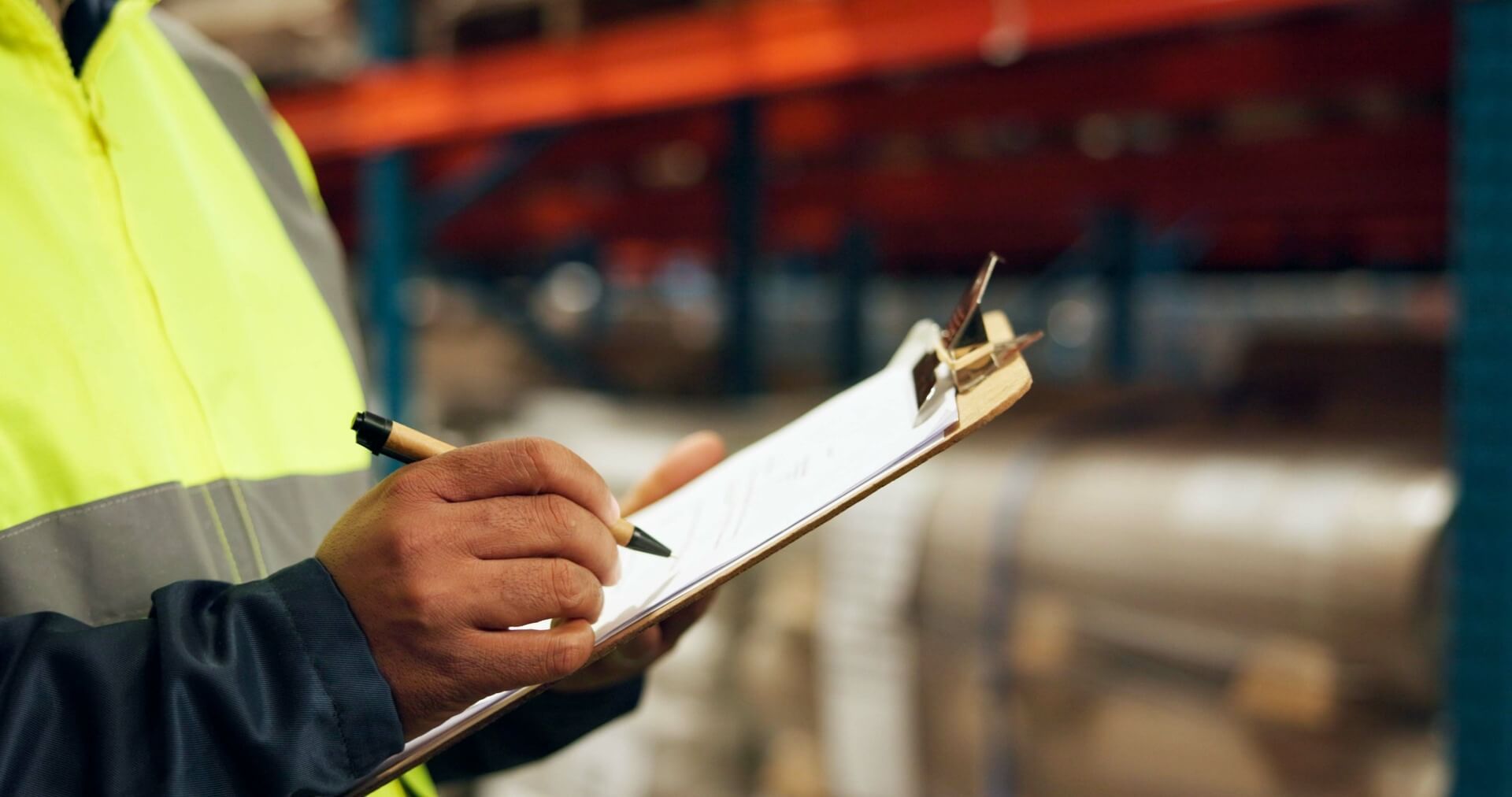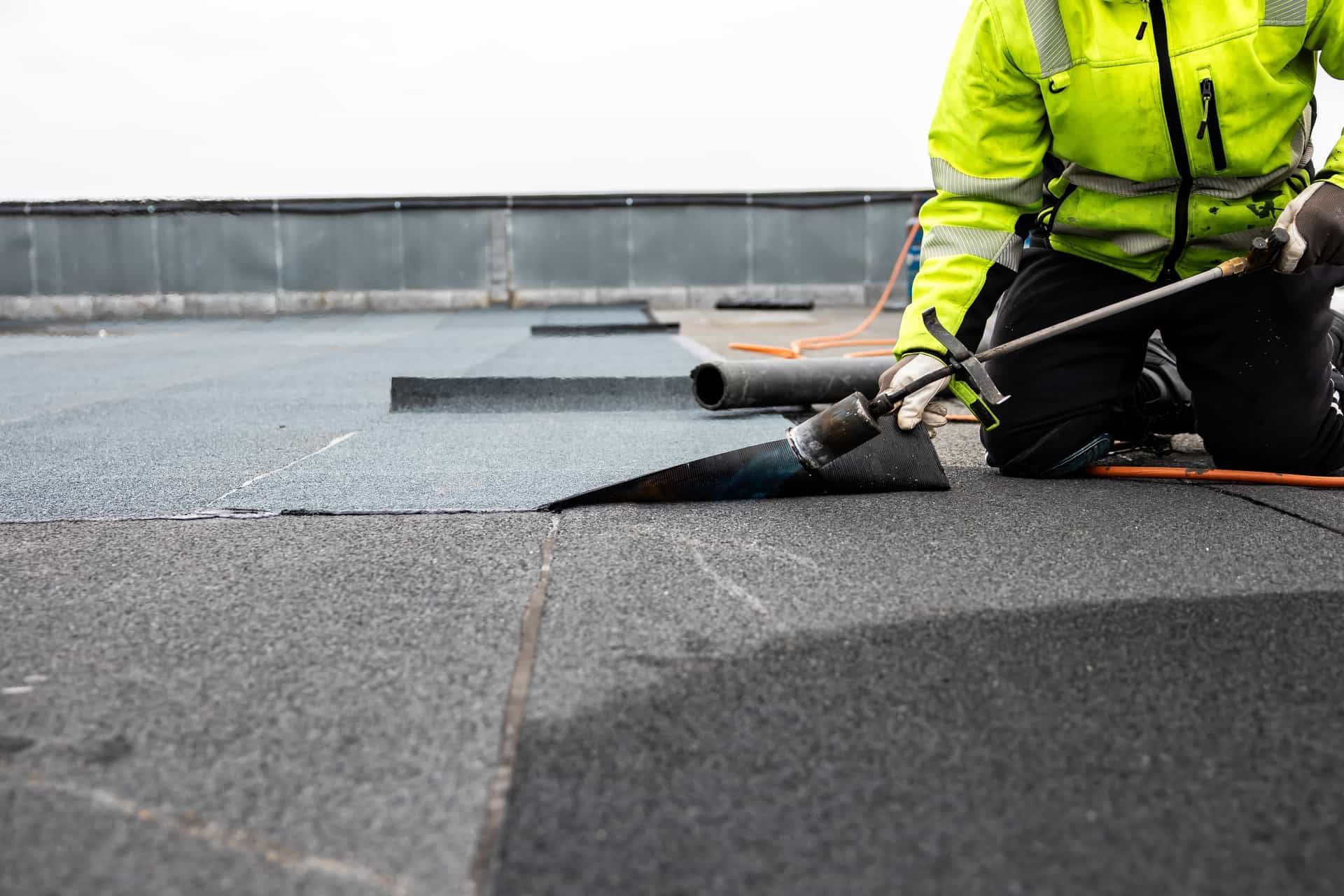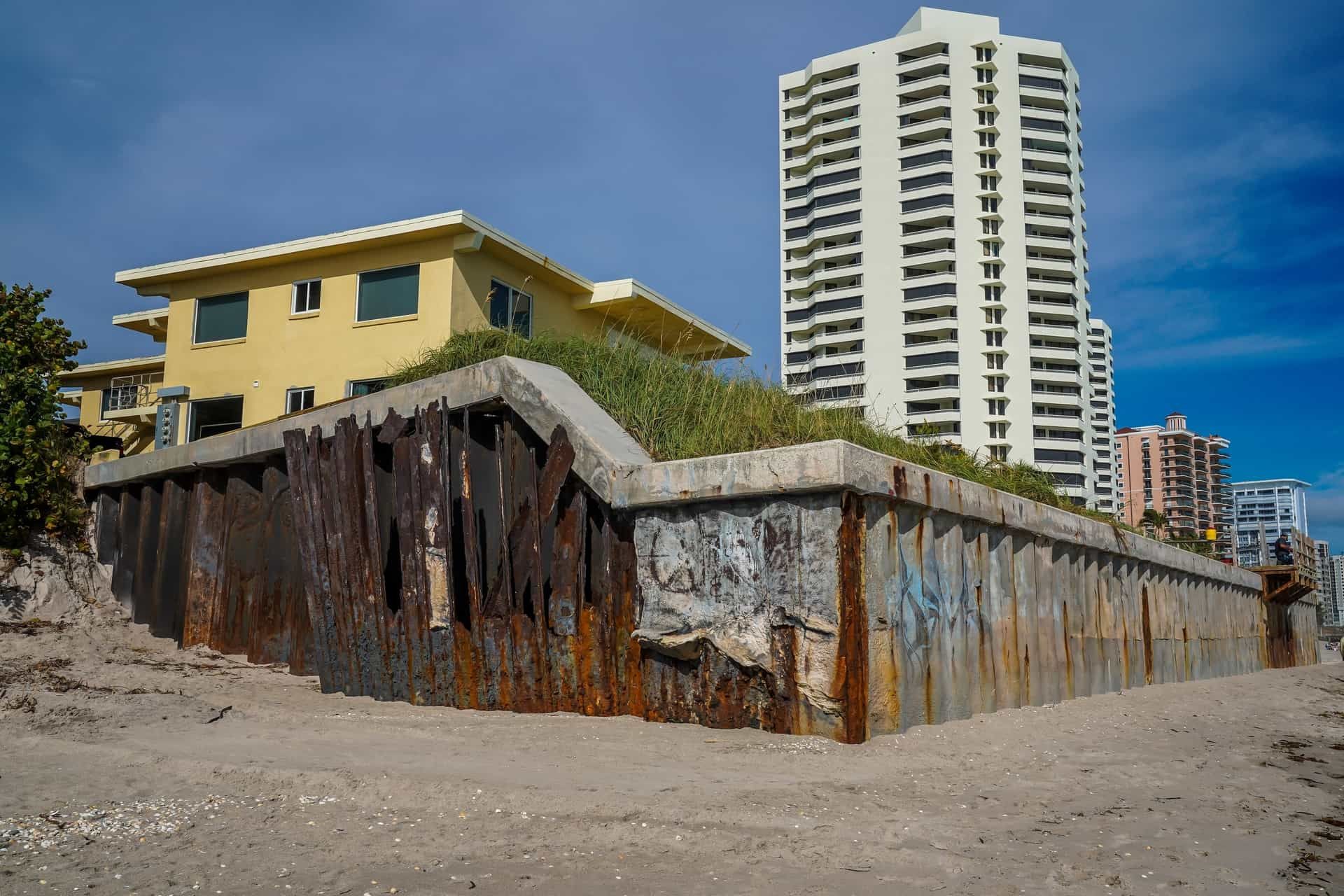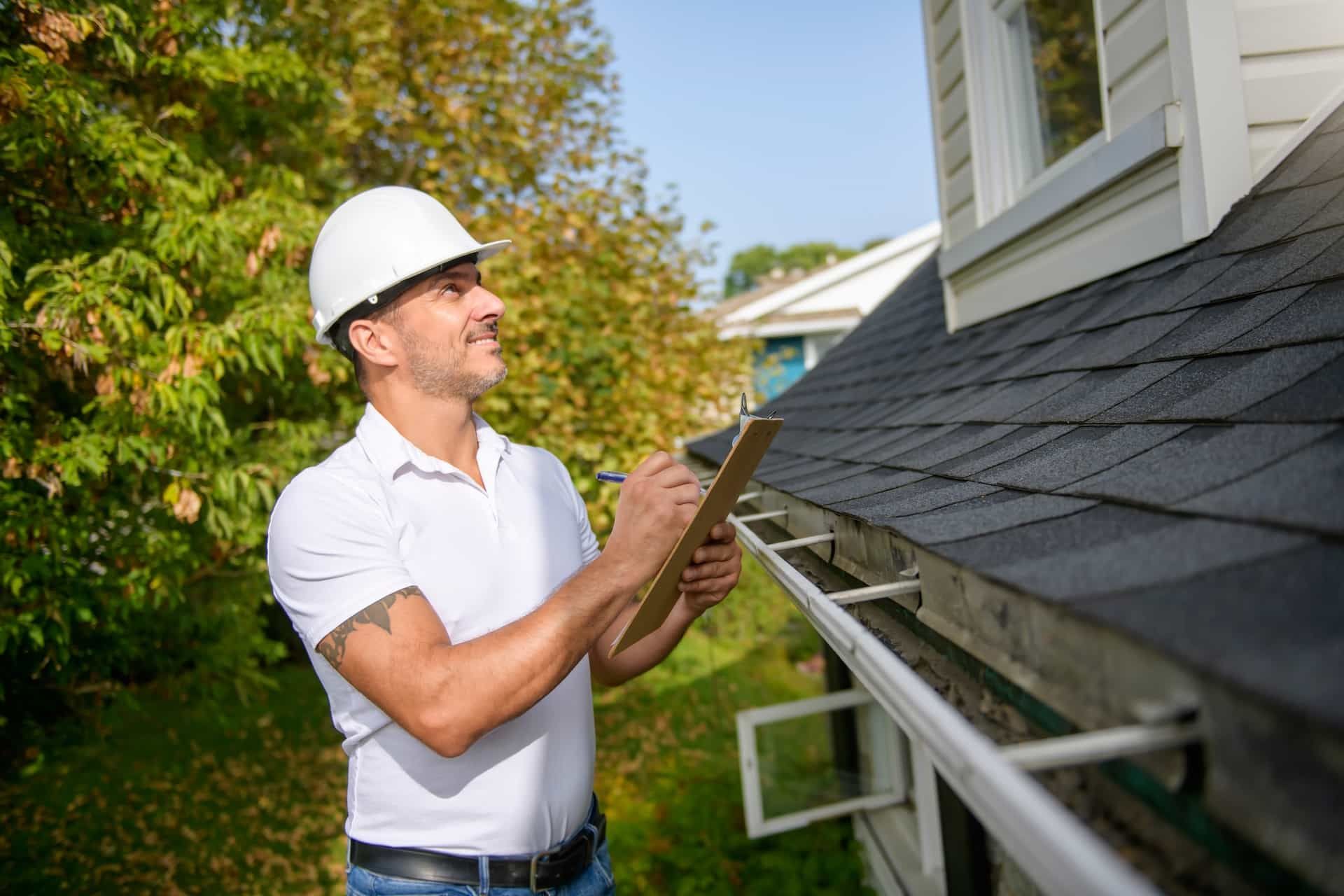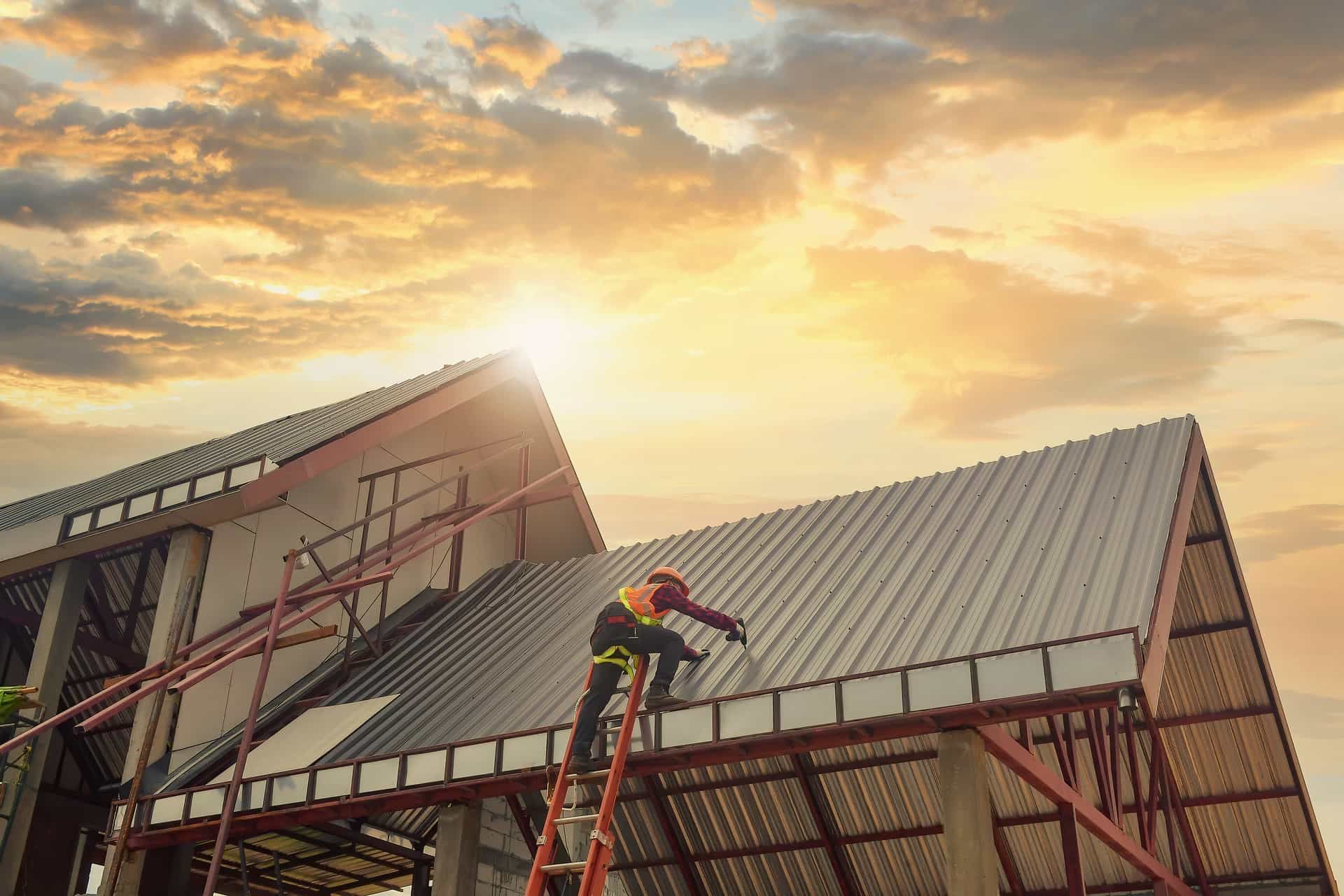What Happens During Commercial Roof Inspection?
If you or your occupants noticed any water dripping from the roof or saw that brown spots are developing on the ceiling, it’s time to act quickly. While you may be compelled to get down to repairs as soon as possible, you should have the roof inspected first.
However, you shouldn’t let a roofing contractor inspect the problem for the simple reason that these professionals are not always impartial. After all, they’re hoping to get the job so they might actually invent problems that aren’t there.
Instead, you should reach out to an independent
commercial roof inspector to get an objective examination. To ease your mind, we’ll go over what you can expect during a commercial roof inspection.
Key Steps In A Commercial Roof Inspection
If you’ve never had your roof inspected, you likely don’t know what you can expect. The good news is that these inspections are straightforward and typically involve the next few steps:
1. Interior portion
Generally, an inspection starts in the building’s interior. This is helpful for a variety of reasons, one of which is that it significantly simplifies the process.
For instance, by watching the route of water on the inside, the inspector can make an educated guess on where the water originated from. If the water stains are limited to a single room, then the first place that the inspection will address will be above that room.
2. Exterior portion
After the inspectors have examined the roof from the inside, they’ll move on to the roof’s surface where they’ll check for anything outside of the ordinary, including:
- Substrate holes
- Pounding water
- Blistering
- Cracks
- Uplifted shingles or nails
- Uplifted seams
As a rule, the commercial roof inspection starts at the perimeter with the inspector slowly making their way towards the middle. This not only ensures they don’t miss an area, but most damage usually occurs on perimeter edges.
Edges are endpoints of the entire roof, which means they take the brunt of the damage. They could be lifted by the wind or start losing their adhesive, causing leaks and other forms of damage.
3. Taking core samples
An inspector will also take a core sample (a small portion of the roof) to establish crucial information about the roof structure, such as:
- Number of roofing layers
- Material of the substrate
- Saturation and moisture levels
- Age of the roof
Taking samples is necessary if the commercial roof inspection is being conducted on a drop ceiling or in cases in which the roof deck is not visible from the inside. The number of samples will depend on many factors, including the slope and the size of the roof, the path of the water, and the number of areas highlighted as problematic during the interior portion of the inspection.
4. Writing an inspection report
After the inspector evaluates the condition of the roof and takes samples, they’ll have everything they need to put together a detailed report.
A commercial roof inspection report contains all findings such as a detailed breakdown of the leaking areas, saturated portions of the roof, and photos of exact or similar defects. Since you’ll probably be unable to address these issues yourself, the inspector will also include recommendations in the report that your contractors can use as a guideline.
There are three outcomes you can expect here:
- Reparation
If less than 5% of the roof is saturated, there are only a few water penetration points, and the roof is overall in good condition, the inspector will suggest repairing the problematic areas.
- Restoration
If less than 25% of the roof is saturated and the expected remaining lifetime of your roof is under two years, full restoration may be necessary to avoid a complete tear-off.
- Replacement
If more than 25% of the roof is saturated, it’s much more simple to replace it than to restore it, especially if additional small repairs are necessary after the restoration. Think of it this way - you wouldn’t replace a $2k transmission system on a car that’s over two decades since it’s simply not worth it as you’ll have to replace the shock absorber in a few months.
The report may take anywhere from one day to five days to complete if the damage to the roof or the surface area is extensive.
How Long Does A Commercial Roof Inspection Take?
Having your roof inspected may seem stressful, but despite the fact that the process is detailed, an experienced inspector may evaluate the entire roof in anywhere between one to two hours.
This is just an average amount of time, as there are numerous factors at play that could make the inspection longer or shorter, such as:
- Number of penetrations on the roof
- Number of sections
- Existence of different types of roofs (for instance, one section could be flat while the other could be sloped)
What To Do After An Inspection?
Once you obtain a comprehensive report that outlines all the damage and suggestions for remediation, you can use it to your advantage when negotiating with roofing contractors. Most roofing contractors will also conduct a free inspection for you before providing a quote. Cross-check their report with yours and see if there are any discrepancies.
If their solution or remediation costs outweigh the estimation contained in the original report, it may be best to look for another contractor. What’s left for you to do is rinse and repeat until you find someone who will repair your roof at a fair price, without attempting to overcharge you.
Make The Best Choices With Certified Inspectors
A commercial roof inspection is an important part of ensuring your building is safe and that it retains its value. Unfortunately, some contractors will try to misrepresent the condition of your roof in order to get you to sign up for their services.
Here at
Certified Inspectors, we believe that as a business owner, you deserve the truth and a higher level of service. By choosing us, you get the most value for your dollar and the most precise evaluation of your roof, which can save you thousands of dollars in the future.
We’re experts at inspecting all areas of commercial property, and with over twenty years of experience in construction, we can provide you with the optimal remediation protocol possible.
Schedule your inspection now by
requesting a proposal and start repairing your property with confidence.
Disclaimer: The information on this website and blog is for general informational purposes only and is not professional advice. We make no guarantees of accuracy or completeness. We disclaim all liability for errors, omissions, or reliance on this content. Always consult a qualified professional for specific guidance.
Share the post:

